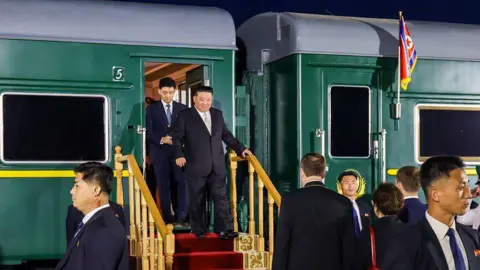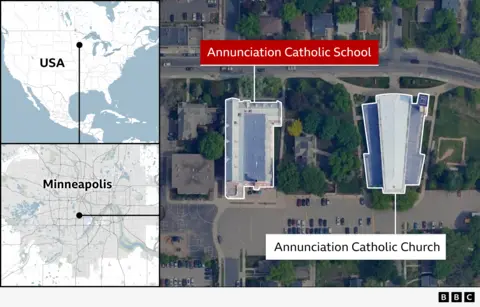The 2018 accord, which granted Chinese officials a role in episcopal appointments, remains largely confidential, yet both the Vatican and Chinese officials view Yuntuan's appointment as a testament to their ongoing commitment to this pact. Notably, this relationship remains complicated; officially, China adheres to a system where the state must approve bishops, clashing with the Catholic Church’s belief in papal authority over such decisions.
Currently, China is home to approximately 10 million Catholics who face a dilemma: they can either attend state-approved churches, recognized by the government, or worship in unofficial underground communities loyal to the Vatican. The Vatican recently emphasized that Yuntuan's ministry complies with Chinese law, marking this development as a key moment for dialogue and cooperation between the two entities.
After the announcement, Chinese foreign ministry spokesperson Lin Jian remarked that Yuntuan’s elevation signifies the smooth implementation of the 2018 agreement, expressing China's willingness to pursue positive relations with the Vatican. Experts, like Michel Chambon from the Asia Research Institute, interpret the Pope's actions as a step toward reconciliation rather than conflict.
Historically, relations between China and the Vatican soured in 1951 following the severance of diplomatic ties, with many Catholics forced underground during Mao Zedong's regime until a revival of religious freedoms cropped up in the 1980s. As the Vatican continues to navigate this sensitive relationship, Yuntuan's appointment marks a potential turning point for Catholicism in China.
Currently, China is home to approximately 10 million Catholics who face a dilemma: they can either attend state-approved churches, recognized by the government, or worship in unofficial underground communities loyal to the Vatican. The Vatican recently emphasized that Yuntuan's ministry complies with Chinese law, marking this development as a key moment for dialogue and cooperation between the two entities.
After the announcement, Chinese foreign ministry spokesperson Lin Jian remarked that Yuntuan’s elevation signifies the smooth implementation of the 2018 agreement, expressing China's willingness to pursue positive relations with the Vatican. Experts, like Michel Chambon from the Asia Research Institute, interpret the Pope's actions as a step toward reconciliation rather than conflict.
Historically, relations between China and the Vatican soured in 1951 following the severance of diplomatic ties, with many Catholics forced underground during Mao Zedong's regime until a revival of religious freedoms cropped up in the 1980s. As the Vatican continues to navigate this sensitive relationship, Yuntuan's appointment marks a potential turning point for Catholicism in China.




















